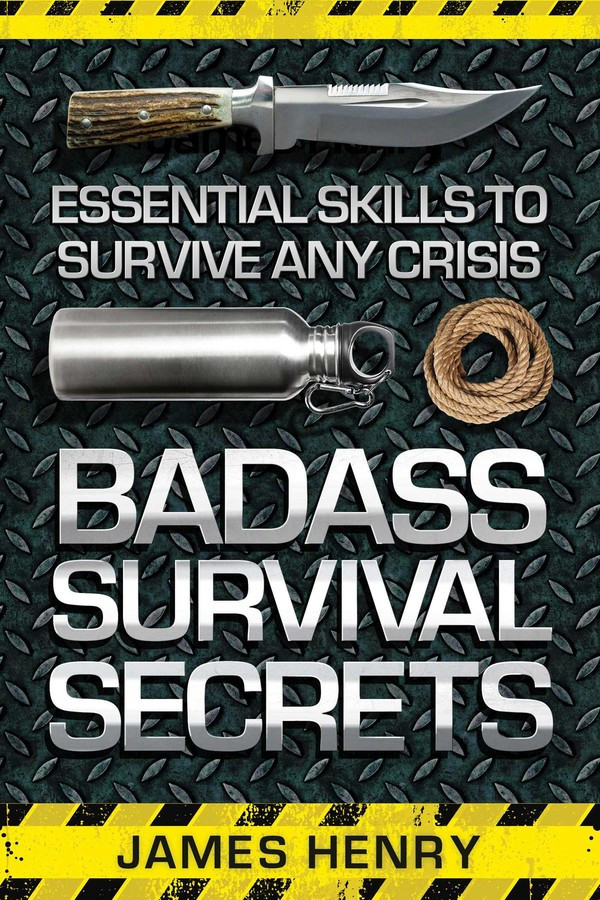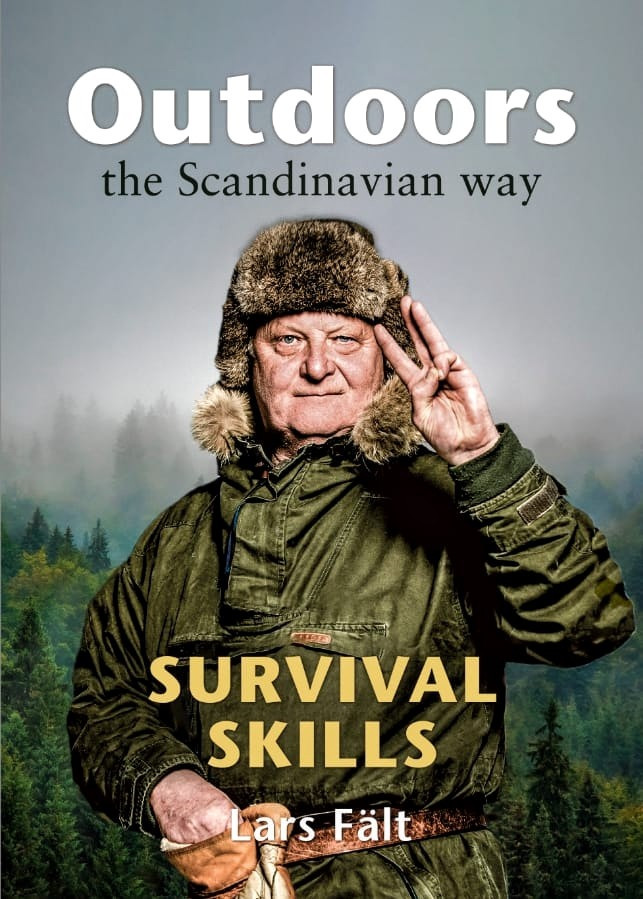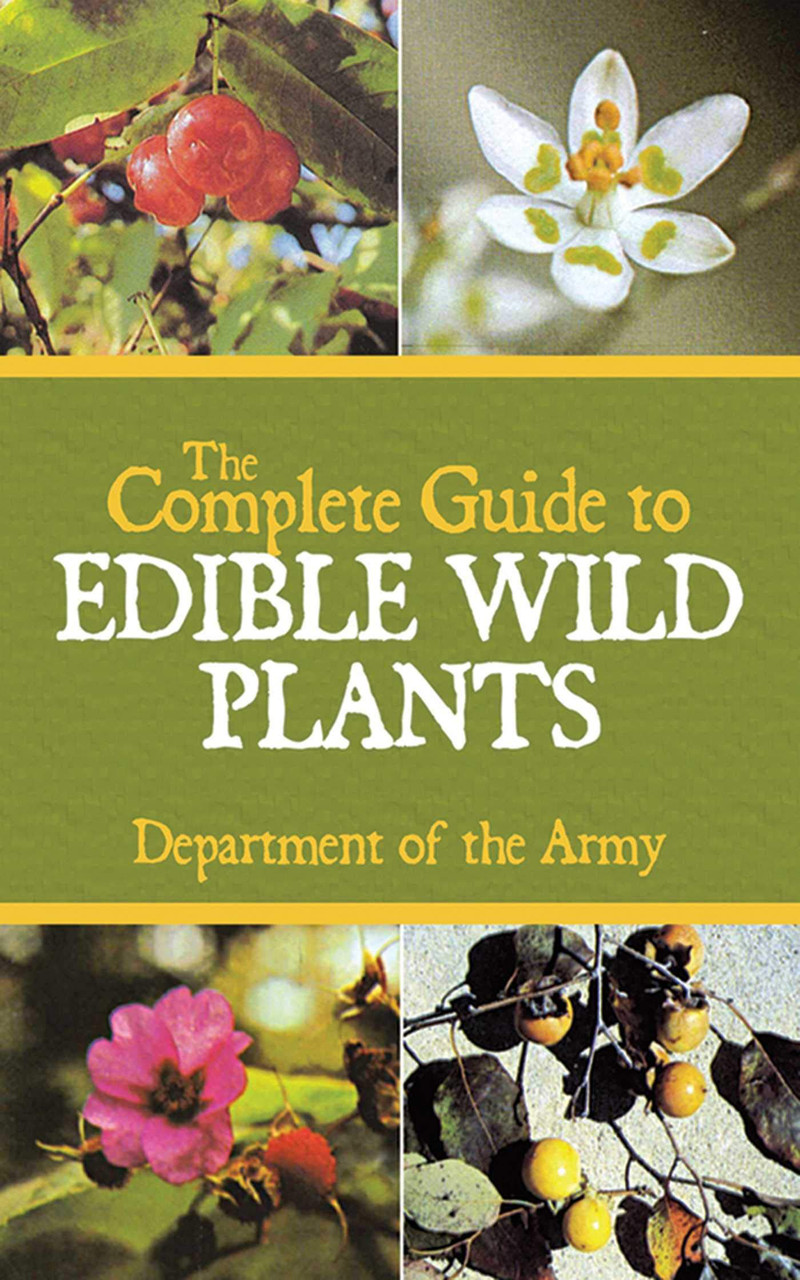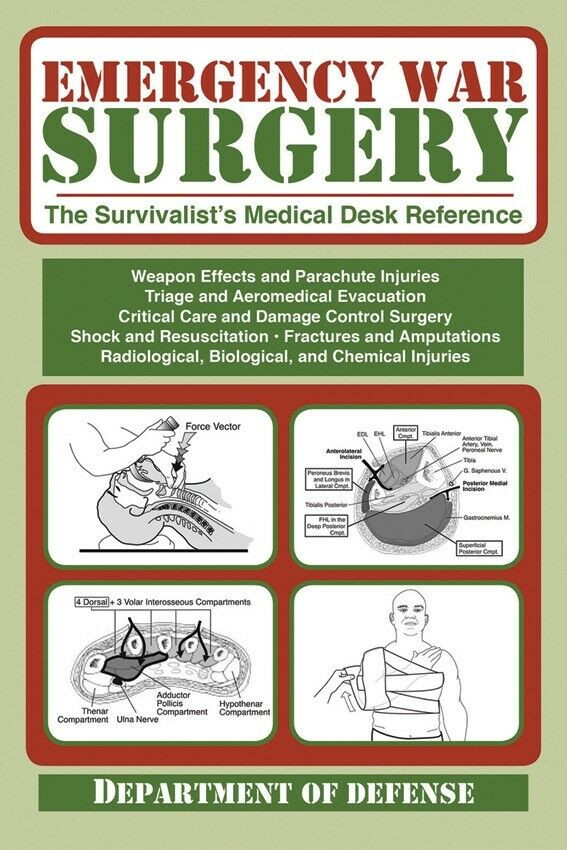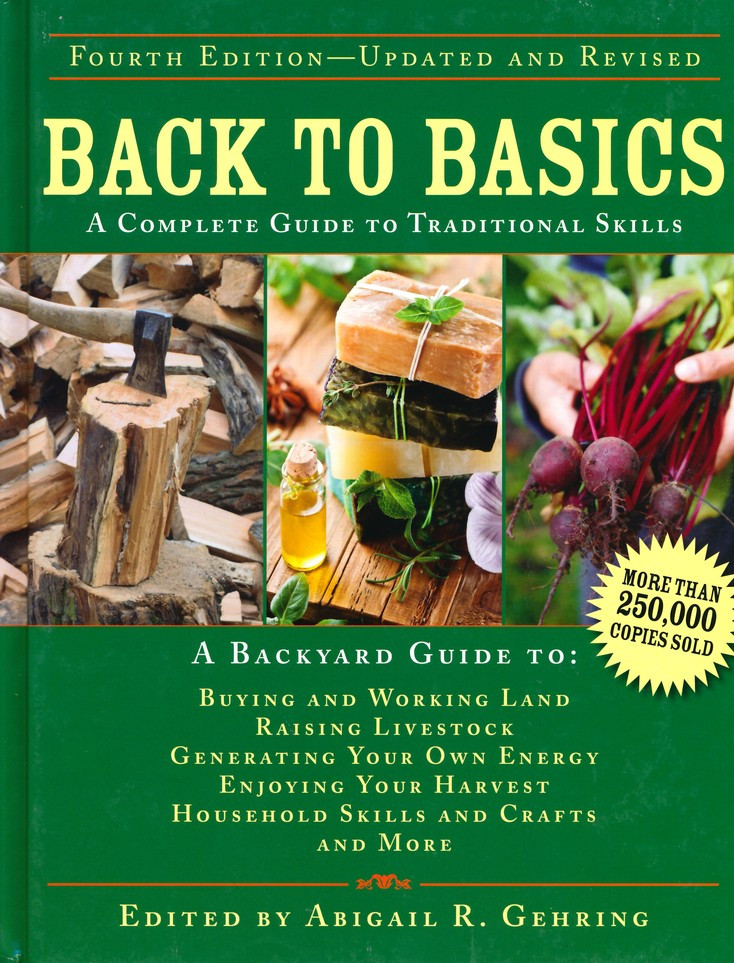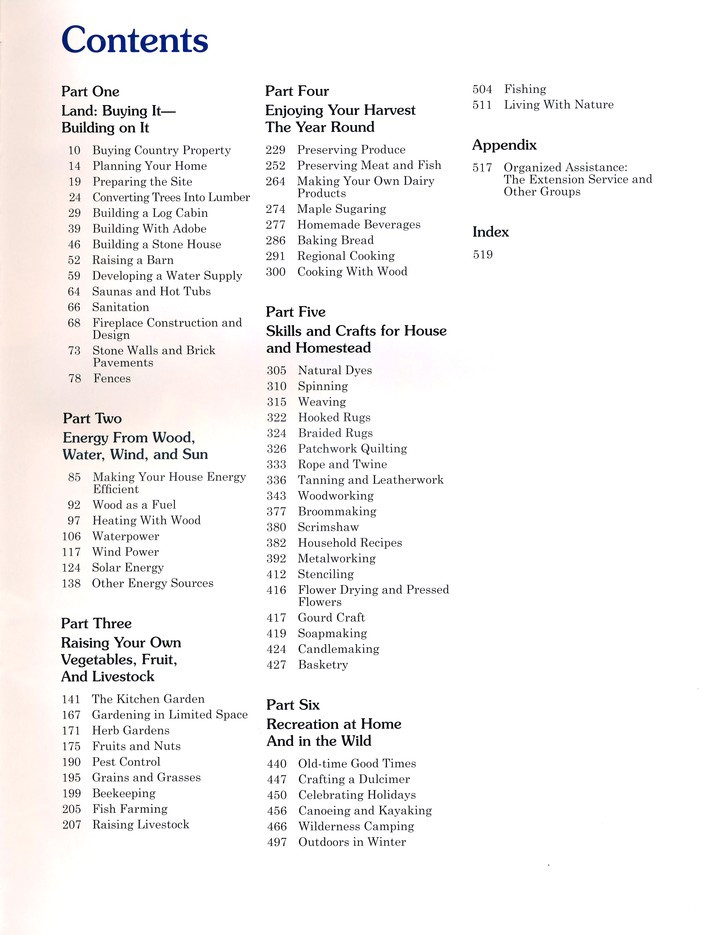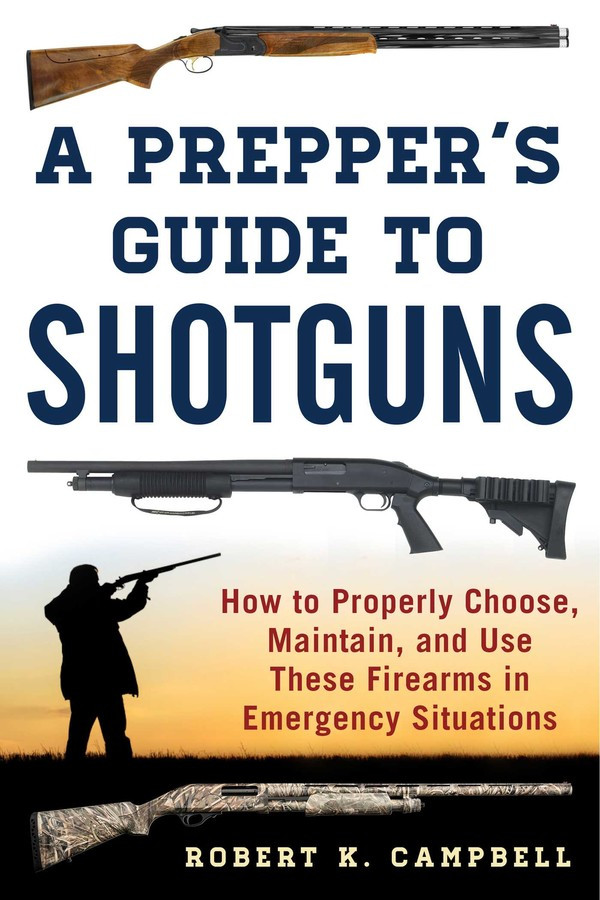| Content | This sixth edition of ARRL's General Q & A is your authoritative guide to every question in the General (Element 3) question pool, everything you need to pass your General Class amateur radio license exam! Using ARRL's General Q & A is the best way to review for the 35-question exam with confidence. Upgrade and enjoy more frequency privileges today!
Read and understand. Brief explanations follow each question. For more detailed explanations, turn to The ARRL General Class License Manual. | Essential Skills to Survive Any Crisis You're a backpacker or a hunter lost in the woods after sundown; what do you do? Your car flips over on an empty highway; how will you survive until morning? If you were left alone in the middle of the wilderness, would you be able to make it? While current technology, such as cell phones and GPS, is helpful, when you are lost in the wilderness the best things you can rely on are your own skills. Badass Survival Secrets will introduce you to everything that you need to survive when the unexpected happens. In this book you'll learn basic survival skills such as:- How to build a fire- How to find clean water- How to find food that is safe to eat- How to build a shelter- Basic navigation From the forest, to the tundra, and everywhere in between, Badass Survival Secrets contains all that you need to become a badass survivalist expert. Specifications:- Number of Pages: 128- Size: 6" x 9"- Type: Softcover. | Just when you thought it was safe to go back into the wilderness!
- Survival is a specialist field in the world of outdoors skills both practical and mental. Something that becomes more relevant with each passing year as we become more and more detached from the natural world – even those of us with a love of the outdoors.
- What would you do if the worst happened? How would you find your way back if you were lost? Could you survive several days in the wilds, without contact with the outside world ?
- These questions and more will be answered within the pages of this book.
- Outdoors the Scandinavian Way – Survival Skills contains a wealth of practical information, from how we can use the skills and knowledge of indigenous peoples to help us hone our survival skills, to how to build shelter, make fire, procure safe, drinkable water, obtain food, and how to use certain edible plants.
- This is a must read book by one of the world’s great outdoor experts.
| Now outdoorsman and survivalists can own the official US Army guide to edible plants. Whether you are a stranded soldier, a wilderness hiker, or you just want to know which plants growing in your backyard are edible, this is an invaluable resource.
Anyone who has spent serious time outdoors knows that in survival situations, wild plants are often the only sustenance available. The proper identification of these plants can mean the difference between survival and death.
This book describes habitat and distribution, physical characteristics, and edible parts of wild plants—the key elements of identification.
Hugely important to the book are its color photos. There are over one hundred of them, further simplifying the identification of poisonous and edible plants. No serious outdoors person should ever hit the trail without this book and the knowledge contained within it.
| This is the illustrated official field manual used by US Army doctors and soldiers in the field. It offers profession, proven advice on dealing with infections, head injuries, fractures, burns, and more. For active-duty soldiers, first-responders, and anyone who might find themselves in a survival situation, it is a remarkable resource.
Military surgeons must assume a leadership role in combat casualty care in circumstances that are far less than ideal. This handbook provides much of the information needed to tackle these issues and features state-of-the-art principles and practices of forward trauma surgery as used by military physicians in far flung locations around the globe. Subjects include:
- Hemorrhage Control
- Shock and Resuscitation
- Vascular Access
- Anesthesia
- Face and Neck Injuries
- Thoracic Injuries
- Wounds and Injuries of the Spinal Column and Cord
- Amputations
- Radiological Injuries
- Biological Warfare Agents
- Chemical Injuries
- And much more!
Featuring nearly 200 illustrations demonstrating proper techniques, Emergency War Surgery is the most trusted and up-to-date manual offered by the Department of Defense for military medical personnel in the field.
|
- Sections dealing with all kinds of emergency situations
- Great companion book to the Pocket Guide to Emergency First Aid
- Spiral binding lets pages lay flat for easy reading in the field
- Side tabs let you find the right chapter quickly
- Fully waterproof, dirt-proof, tear-proof, wind-proof, kid-proof.
- Pages are made of specially formulated, heat-treated, PVC plastic - polished, resin-coated polyvinylchloride polymer). Pages feature:
- Bright white printing surface - all printing is clear and precise
- Virtual indestructibility - the pages can't rip or tear, and the corners won't bend over
- Flexibility - pages can bend without breaking
- Washable surface - just wipe clean after use or wash in water
- Steel rule die cut with polished edges - the corners won't poke you while in your hand or in your pocket, as often happens with plastic printed materials
- Will not warp, fade or deteriorate. (Keep out of direct sunlight for prolonged periods - nothing can prevent the sun's ultraviolet rays from "yellowing" any kind of paper or plastic. Under normal conditions it will take years of use for these Pocket Guides to "yellow", and even then they will remain clear and perfectly readable!)
|

